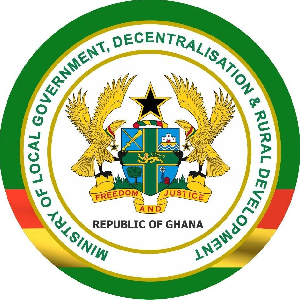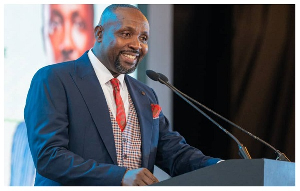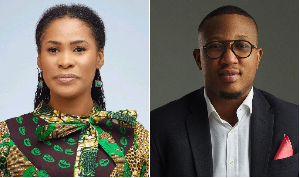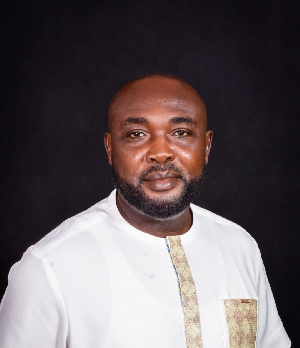The 2024 Ghana Urban Forum (GUF2024) concluded on a high note at the Labadi Beach Hotel in Accra, with Deputy Minister for Local Government, Decentralisation and Rural Development, Abdulai Abanga, delivering a closing statement that encapsulated the event's insights and outlined a strategic path forward for urban development in Ghana.
The two-day forum, under the theme "Nurturing Roots, Growing Futures: Combining Policies and Partnerships for Urban Resilience and Transformation," brought together a diverse group of stakeholders, including government officials, development partners, academia, and media representatives, to discuss the multifaceted challenges and opportunities within Ghana's urban spaces.
In his closing remarks, Mr. Abanga emphasized the increasing complexity of urbanization in Ghana, highlighting the likelihood that by 2057, three-quarters of Ghanaians could be living in urban areas.
This projection, he said, underscores the urgent need to redefine urban areas and address the challenges of urban management through enhanced institutional coordination and capacity development.
He also noted some key insights from the forum, including the recognition of people-centered urban planning as a crucial driver for sustainable development, the necessity of civic education and behavioral change to address urbanization challenges, and the pivotal role of the media in urban development.
The forum also recognized the significant contributions of traditional authorities in facilitating local actions and development, the importance of integrating land use and transport planning, and the prioritization of age and disability-friendly public transport systems, such as Bus Rapid Transit (BRT).
Looking forward, the deputy minister outlined some actions his ministry intends to actively pursue to realize the objectives of the Ghana Urban Forum, including:
Following up on the approval and launching of the National Urban Policy and Implementation Plan;
Pursuing the design of the Sustainable Cities Project with support from the World Bank to build the next phase of Ghana’s urban development;
Engaging, training, and partnering with journalists to champion the resilient and sustainable urban development agenda;
Decentralizing the Urban Forum to the regional level;
Improving the development of open spaces and nature-based solutions for percolation and pedestrian-friendly cities, and;
Championing people-centered urban development.
"There are so many laws that govern and will contribute to sustainable development if properly adhered to. There are also so many communication channels that can be leveraged to promote public engagement and involvement in climate adaptation and mitigation," he added.
"We are committed to sustaining this Forum to advance urban governance and dialogue," Mr. Abanga concluded.
Click to view details



General News of Thursday, 6 June 2024
Source: www.ghanaweb.com

















